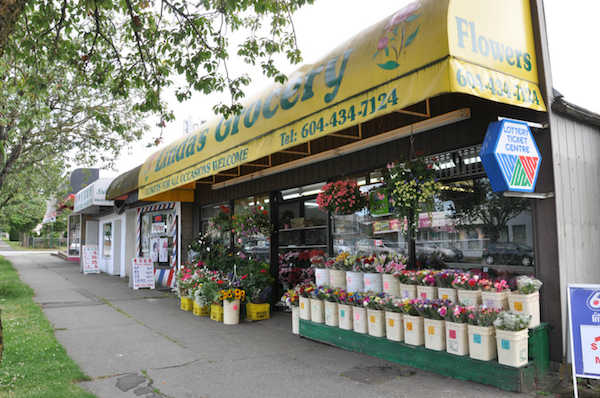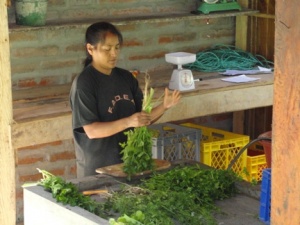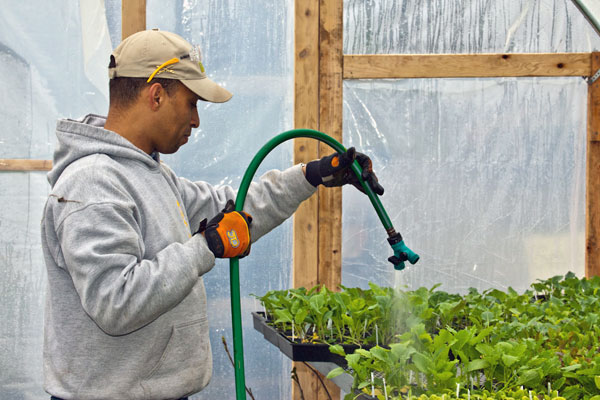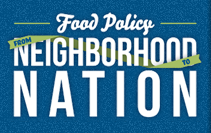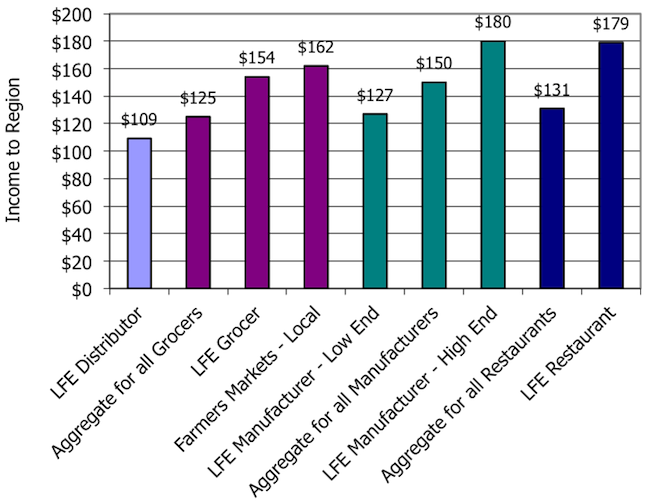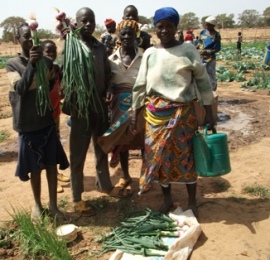But Michelle, Walmart IS a “Food Desert”
Notice how the retailers’ pledge initiative recounted in Big Retailers Make Pledge of Stores for ‘Food Deserts,’ (The New York Times, July 20, 2011) is entirely top-down and makes no mention of empowering local neighborhoods to support their own independent grocers?

